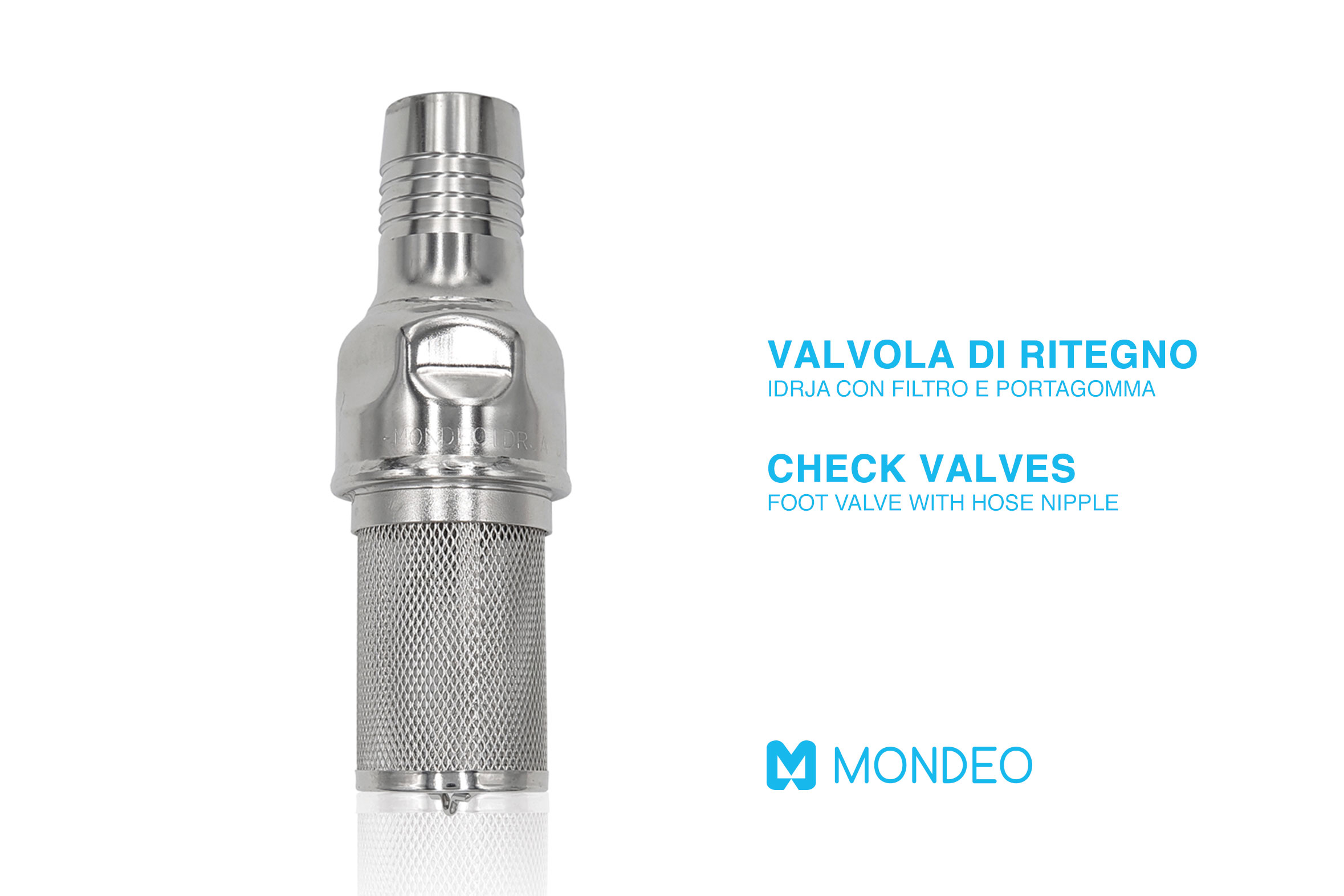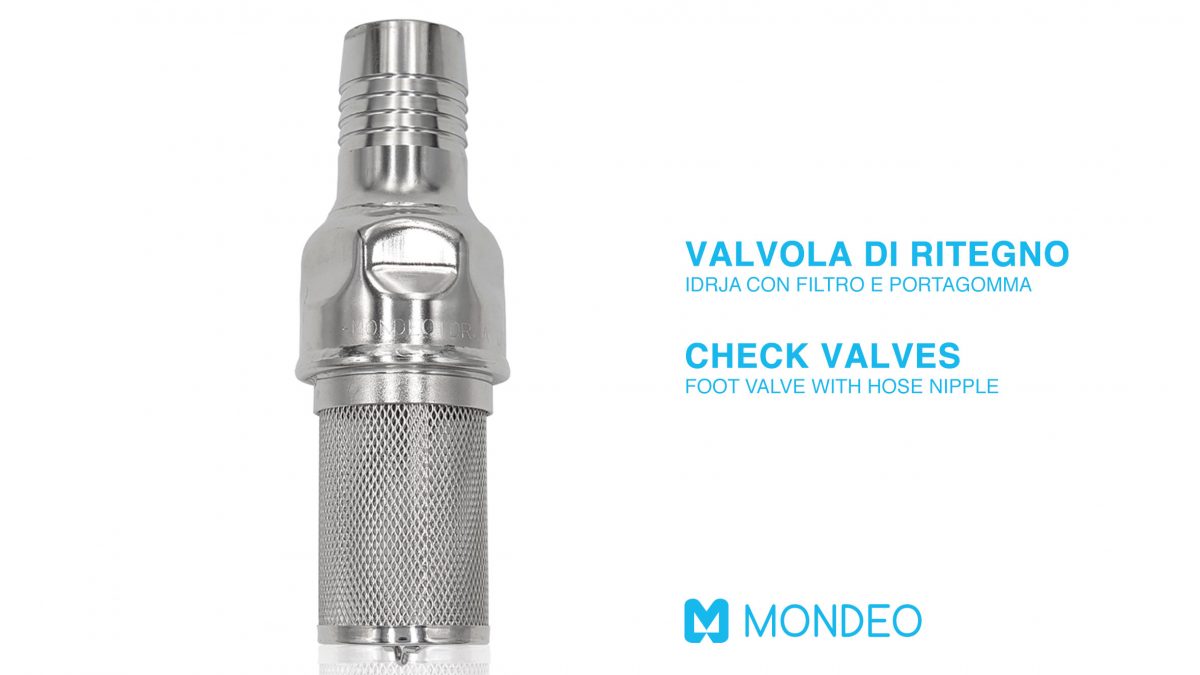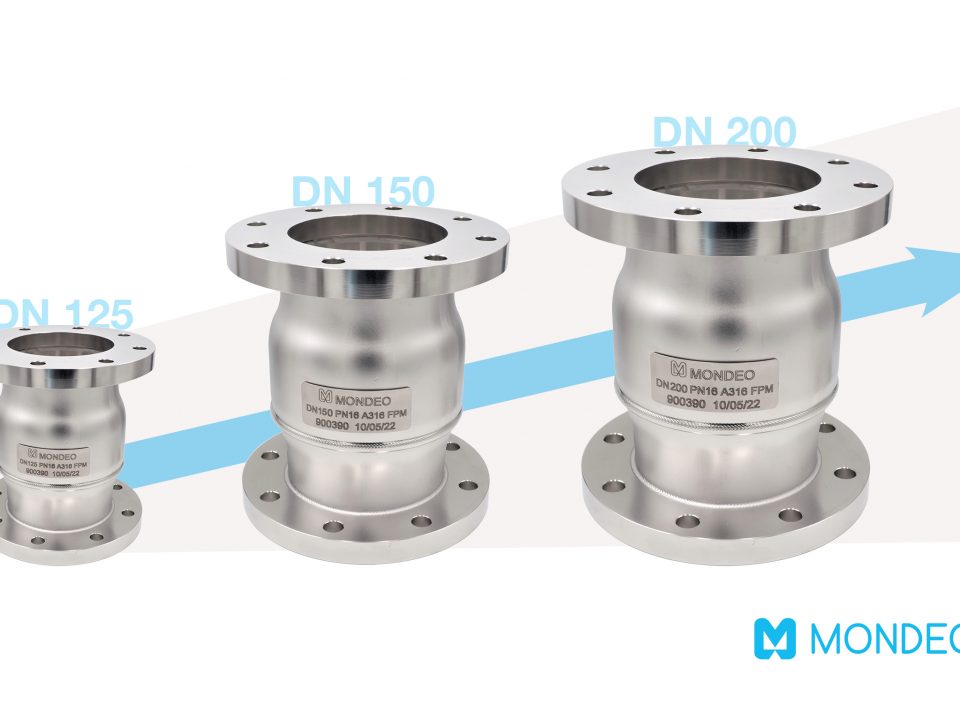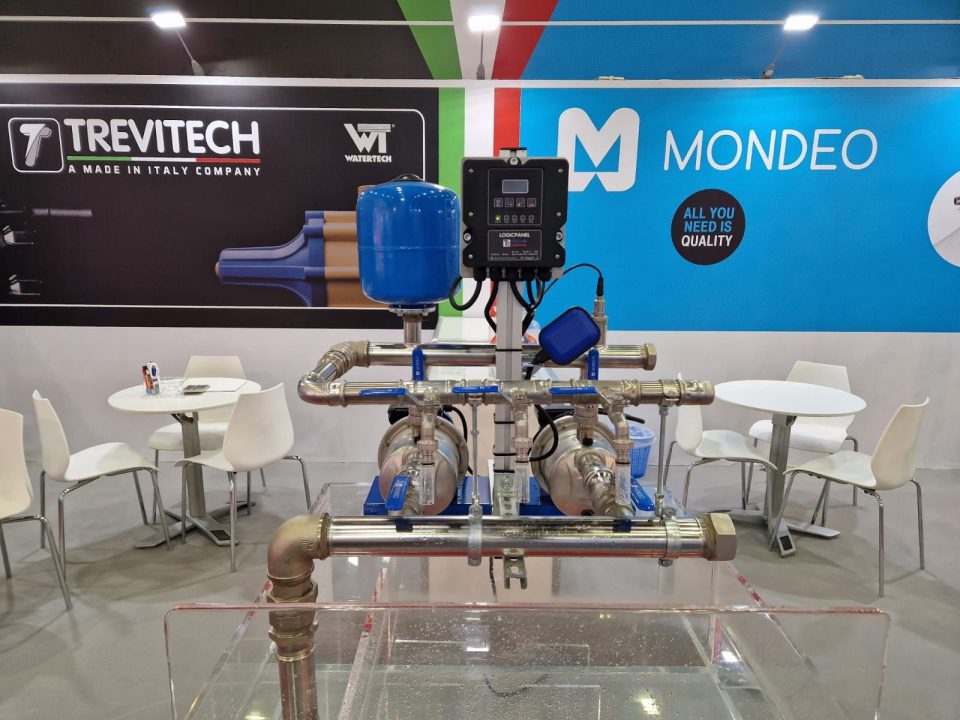
Discover the latest version of the Mondeo catalogue – Valves and Hydraulic Accessories
November 10, 2021
Mondeo enters the Japanese technology catalogue thanks to its stamped steel products
December 10, 2021
Drinking water is probably our most precious element, even though we waste too many litres every day.
To invert this tendency, it is fundamental to implement a sustainable lifestyle that tries, through small daily gestures, to reduce the consumption of such a vital asset.
An opportunity is certainly given by collecting rainwater, which could become an important source for all those uses where drinking water is not necessary.
The water we use to wash our cars, to water our gardens or to flush our toilets, just to give a few examples, does not need to be potable and can be easily recycled from rainwater through a collection and distribution system.
The function of valve and filter in a rainwater recovery system
Among the elements that make up a water collection system is the suction pipe connected to the pumping system, and with a foot valve with connector or simply with a filter with connector.
From among our Idrja check valves there is a variant that represents the ideal solution for this type of application.
Idrja is a stainless steel valve which, because one-way, blocks fluid reflux. The variant considered here presents an incorporated connector and filter. The valve is therefore ready to be connected to the piping and is equipped with a filter to stop debris and dirt from entering the pipes. In addition, below the filter there is an eyelet where the plastic sphere that acts as a float can be hooked, so as to keep the draft at the right limit. To suck up water that is not cloudy, in fact, the draft must be at least 15 cm from the water surface.
This interpretation of the check valve is not a novelty for Mondeo. Thanks to the co-design relationship we have with our clients, through which we can study newer, more personalised solutions, we have been perfecting this type of product for many years. Recently, though, we decided to add the product to our catalogue, so as to quickly answer market requests, which are becoming more rooted in sustainability every day.
Like the other Idrja series check valves, even this variant is made using stainless steel. The advantages of this material in a context like recycling rainwater are evident. Firstly, rainwater presents a certain level of acidity, so the resistance of stainless steel to corrosion is a guarantee of long product life; steel is also 100% recyclable, so perfectly coherent with the ecological choice of a system for rainwater re-use.




